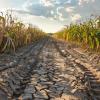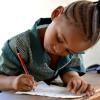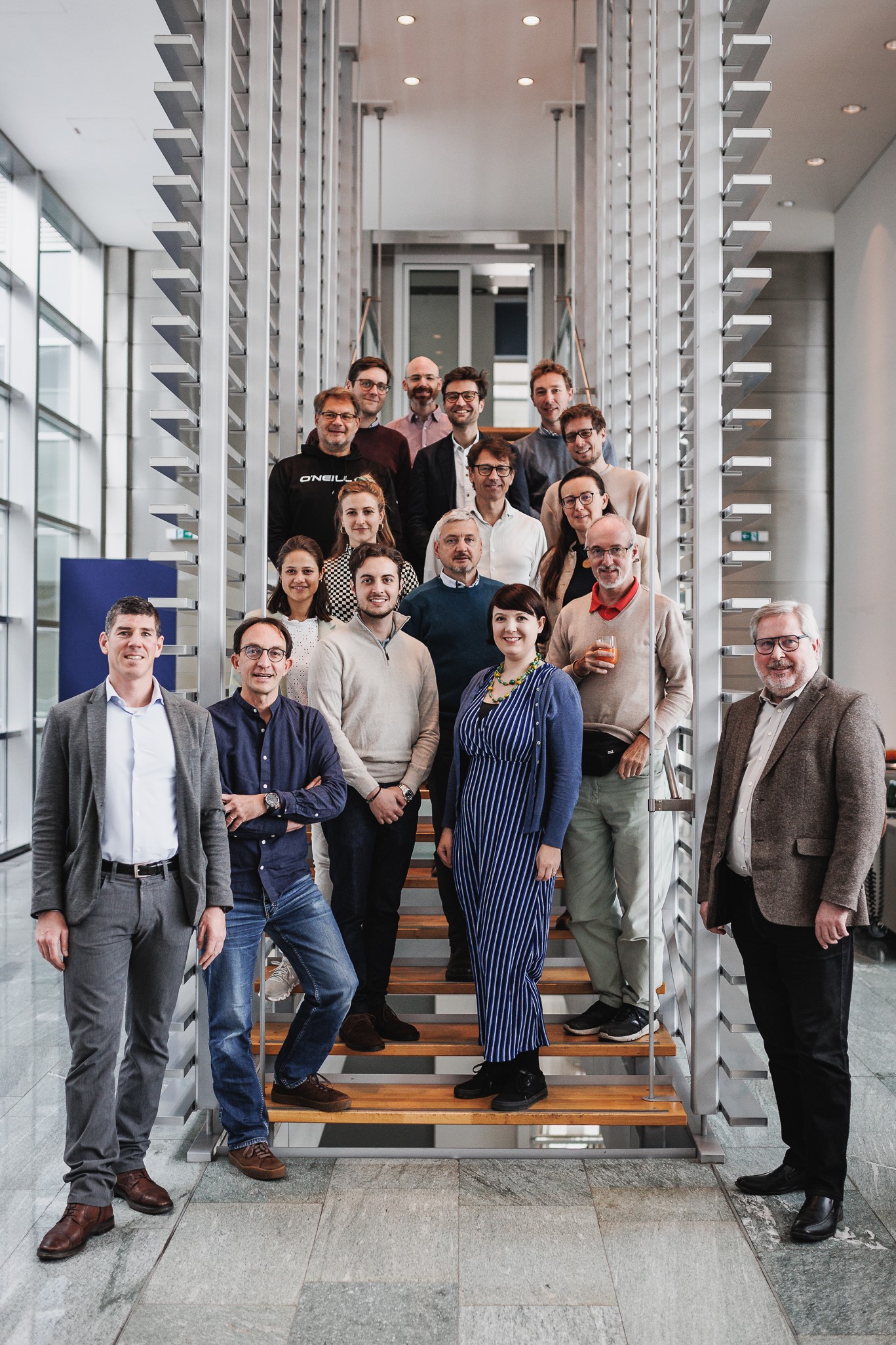
IIASA, as a project partner, developed and applied a co-creation methodology to identify key issues and requirements of a drought climate risk service for Austria, together with stakeholders from relevant disciplines. IIASA also led the development of a handbook on the co-creation methodology, documenting the lessons learned and recommendations for future projects beyond the scope of the project.
Climate risk services are crucial for effective decision-making in climate risk management and climate change adaptation. What are the requirements for a stakeholder-oriented climate risk service? Which decisions in the context of climate change adaptation can such a service support? What content is needed and who provides the data and information? These are the guiding questions of the project CRiSDA - Climate Risk Service for managing drought risk, funded by the Austrian Climate Research Program (ACRP), with the aim to provide a framework for the development of a comprehensive climate risk service.
On February 28, 2025, a final webinar presenting the results of the project concluded the successful end of the 2,5-year project. Through a climate risk lens, the project aims to bridge the gap between Disaster Risk Management and Climate Change Adaptation and develops a participatory process for co-creating tools and methods for a climate risk service in the Austrian context. It incorporates information on hazard, but more importantly, also on exposure and vulnerability – aspects that are often not receiving enough attention but are important for the usability and sustainability of climate risk services.
Engaging with stakeholders has been an important aspect from the very beginning of the project; potential end-users have already been consulted during the project proposal writing stage. During the project implementation phase, regular meetings on- and offline, in-person workshops, interviews and surveys made sure to integrate the views and knowledge of all parties involved. A milestone was the development of the CRiSDA Demonstrator StoryMap with feedback loops with stakeholders to discuss and compare the expectations with the technical realization of the first prototypes. The Demonstrator comprises interactive tools for evaluating drought risk in different regions in Austria, visualizing spatial and temporal patterns, and assess potential impacts on agriculture. With the help of the demonstrator, we can create a risk index with details on which influencing factors are involved and which data are combined.
Based on the results and lessons learned from the CRiSDA project a handbook has been created to serve as guidance for future endeavors in engaging stakeholders and co-developing climate risk services beyond the scope of the project. The project hopes to contribute to the advancement of climate risk management practices towards a more bottom-up and polycentric climate knowledge production, integration and implementation.
News

25 February 2025
Master Programme "Global Demography" at the University of Vienna

13 February 2025
Building a Just and Inclusive Future for Large-Scale Solar: Reflections from the CAREsolar Workshop in Zurich

31 January 2025





